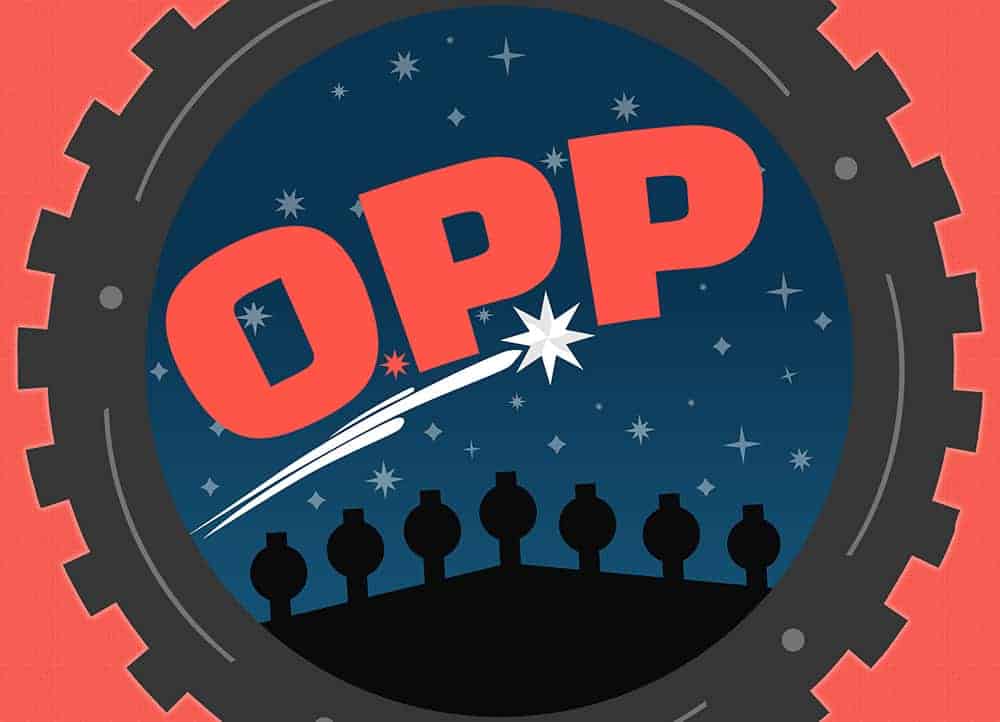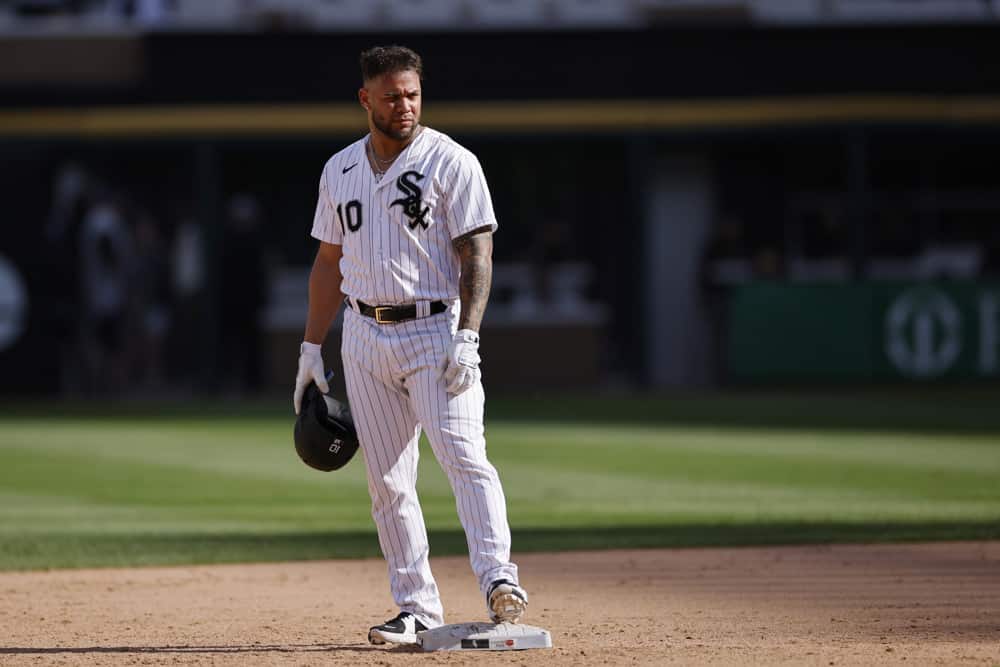An otherwise unremarkable Danny Farquhar appearance for the White Sox against the Houston Astros made national news on Monday. No, not that one.
It was Sept. 21, 2017. The White Sox were closing out the first year of their second rebuild at 60-91, while the Astros were 93-58 and running away with the NL West by 17 games. The White Sox happened to win it 3-1, but it wasn't the kind of game that should be the flashpoint of a national debate three years later.
But it's the game that surfaced as the most compelling evidence in a report by The Athletic's Ken Rosenthal and Evan Drellich that investigates the Astros' electronic sign-stealing.
The Astros’ set-up in 2017 was not overly complicated. A feed from a camera in center field, fixed on the opposing catcher’s signs, was hooked up to a television monitor that was placed on a wall steps from the team’s home dugout at Minute Maid Park, in the tunnel that runs between the dugout and the clubhouse. Team employees and players would watch the screen during the game and try to decode signs — sitting opposite the screen on massage tables in a wide hallway.
When the onlookers believed they had decoded the signs, the expected pitch would be communicated via a loud noise — specifically, banging on a trash can, which sat in the tunnel. Normally, the bangs would mean a breaking ball or off-speed pitch was coming.
A disgruntled former employee, Oakland pitcher Mike Fiers, confirmed the setup. Farquhar, who was reestablishing himself in the majors with the White Sox at the time, confirmed its effects.
“There was a banging from the dugout, almost like a bat hitting the bat rack every time a changeup signal got put down,” said Farquhar, who is now the pitching coach with the White Sox’s High-A affiliate in Winston-Salem, N.C. “After the third one, I stepped off. I was throwing some really good changeups and they were getting fouled off. After the third bang, I stepped off.”
The video, so helpfully constructed and annotated by Jomboy, reinforces Farquhar's memory.
Farquhar wasn't the only White Sox pitcher victimized that series. Here's Juan Minaya having his sequence revealed the day before. And in the opener of that series, Farquhar gave up a leadoff double to George Springer that came around to score, and his at-bat also featured the two-thump tip-off before Farquhar's changeups.
No Astros personnel have commented, although credit Houston's PR department for issuing a better initial statement than the one they did for the Brandon Taubman fiasco. Carlos Beltran, who was seen as the veteran sage behind the Astros' World Series run and was recently named manager of the Mets, said he wasn't aware of the camera, but this seems pretty clear. And while we can't extrapolate the frequency of usage based on one series, it seems pretty pervasive if the Astros are using it on a team that's 30 games below .500.
The New York Post's Ken Davidoff found Rick Hahn, who seemed to say less than he could have.
White Sox GM Rick Hahn refused to say whether his club raised objections at the time, though he certainly didn’t deny that occurred.
“Anything that involves the leagues and clubs with each other, we try to keep quiet between us. It’s more dignified that way,” said Hahn, who referred to this phenomenon as “club-on-club crime.”
In the Athletic report, Farquhar said he would've loved to have been asked about it after the game, but the media didn't seek him out. It might be a few years too late to address the outcome of that particular series, but thanks to the Astros' combination of wild success and loathsome reputation, the fallout could now have a much wider reach.





